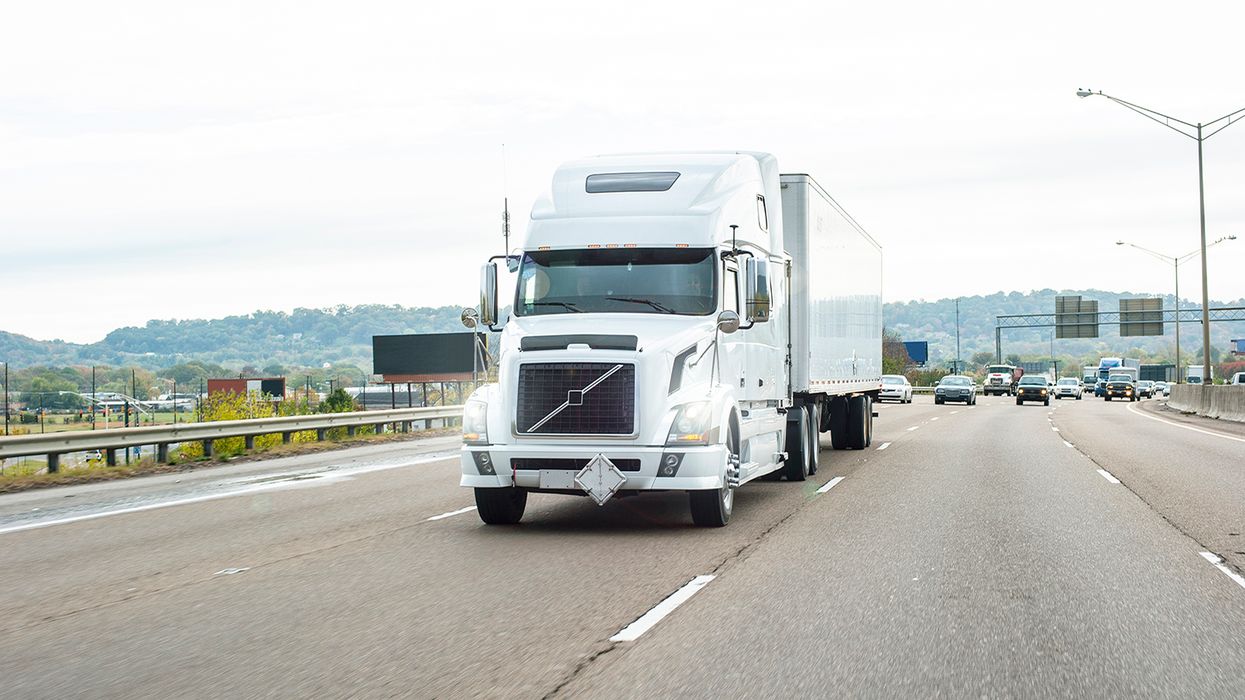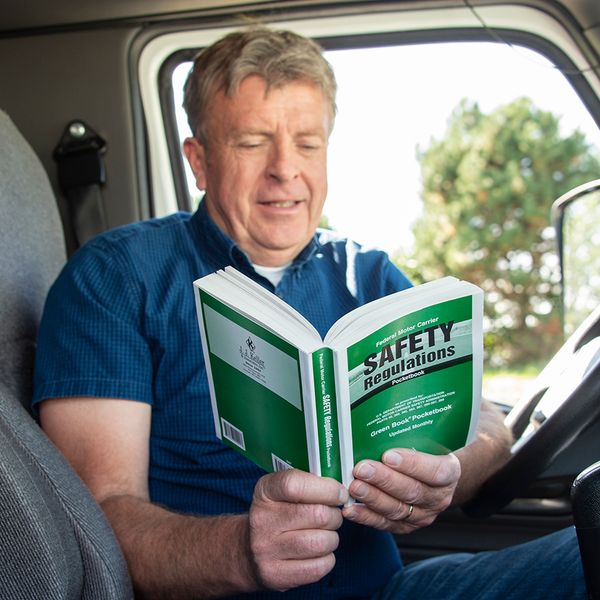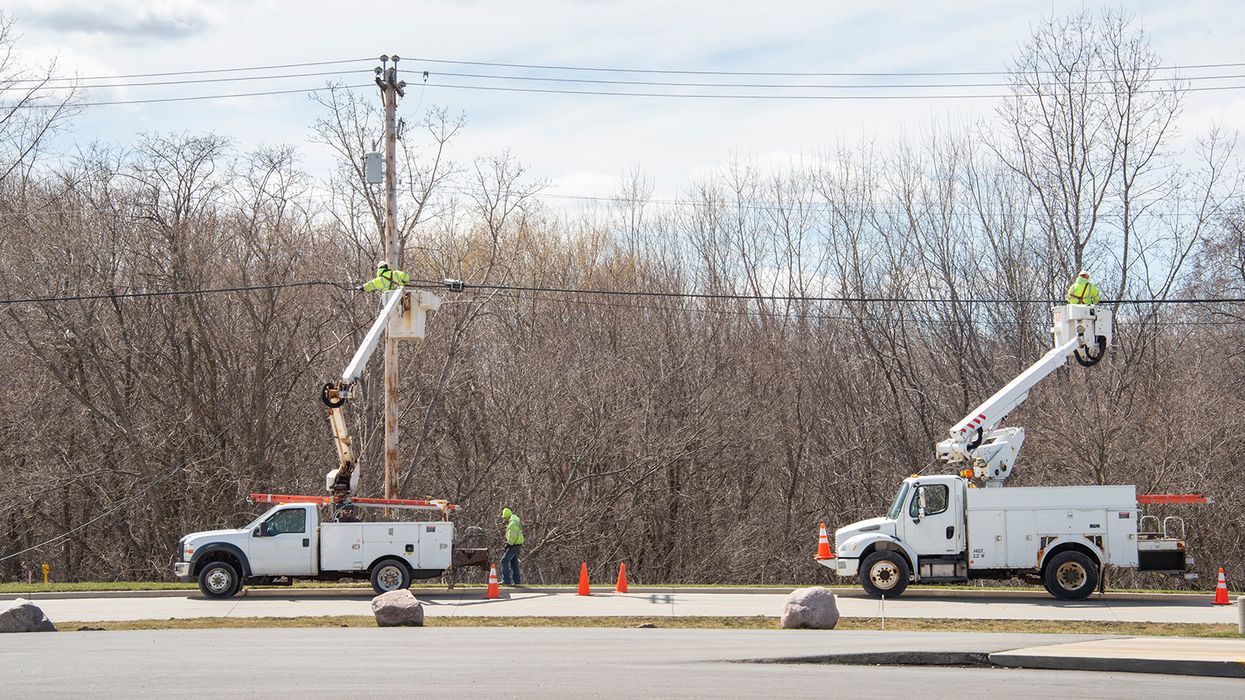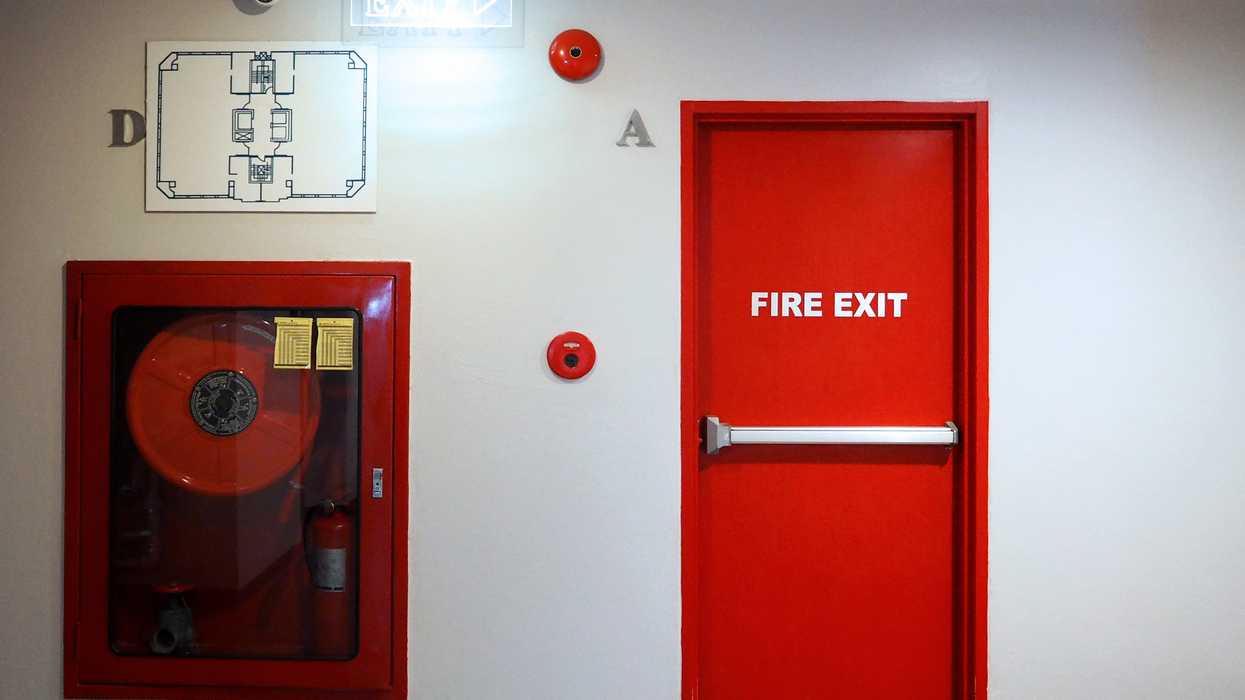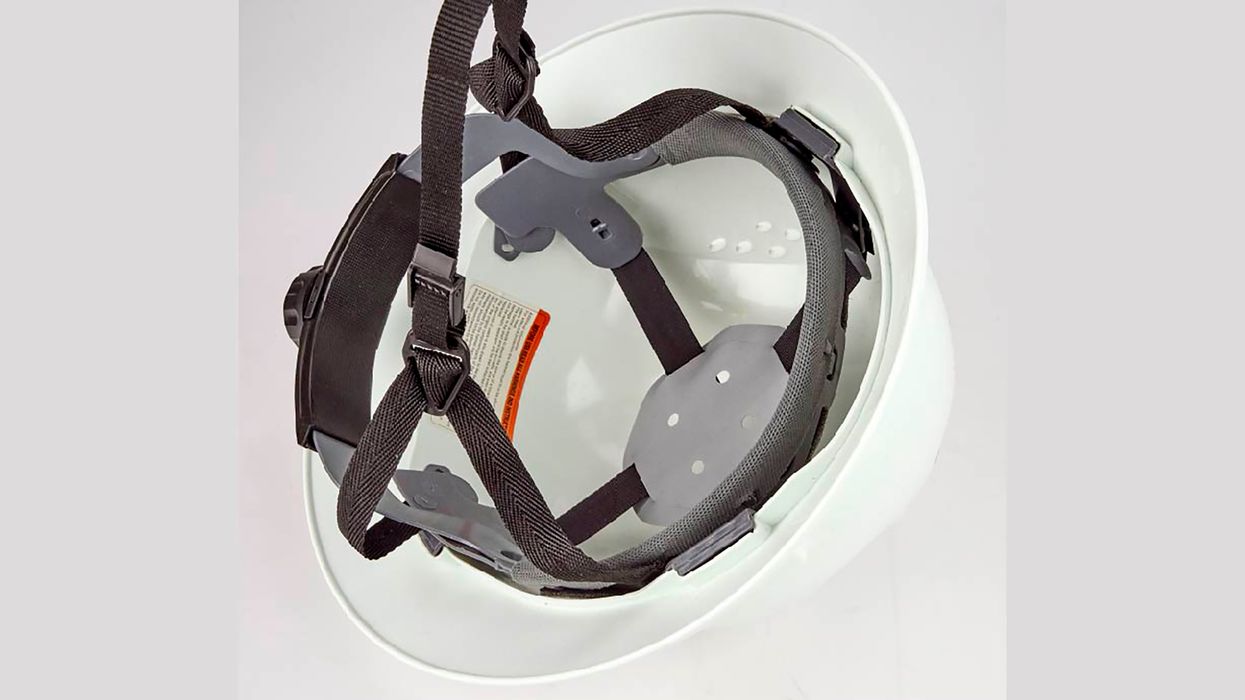Regulatory changes on the 2023 horizon
There are several Department of Transportation proposals moving through the regulatory process that may become final rules in 2023. This article discusses these proposals and why carriers should be keeping an eye on them.
Addition of oral fluids to drug and alcohol testing
This change will allow the use of oral fluid testing in place of urine testing. It would be an option for carriers, not a requirement. Oral testing provides more details on recent use, is less intrusive, and is less prone to cheating because it is easier to observe. Before allowing the use of these tests however, the Federal Motor Carrier Safety Administration (FMCSA) must wait for other agencies inside and outside of the Department of Transportation to complete their work on the associated rules.
Vehicle speed limiters
This proposal would require all heavy trucks that are equipped with an electronic engine control unit (ECU) capable of governing the maximum speed be required to limit the commercial vehicle to a speed to be determined by the rulemaking. This rulemaking, if passed, would require carriers to either develop the in-house expertise to correctly set the ECU and to verify it has not been tampered with or hire an outside vendor to do it for them.
Update to ELD regulations
The FMCSA has issued an Advanced Notice of Proposed Rulemaking (ANPRM) that includes a series of questions on the current electronic logging device (ELD) regulations and possible updates to them. Based on the ANPRM, FMCSA is looking to move several of the temporary exemptions into the rules, update the technical standards, and update the rules related to diagnostic events and malfunctions. As this rulemaking moves forward, carriers should stay in close contact with their ELD vendors to remain aware of any device changes.
Unique electronic identification of commercial motor vehicles
This proposal is related to the Commercial Vehicle Safety Alliance (CVSA) Level VIII Electronic Inspections and other modernization efforts. The use of these devices would make the concept of the “rolling” electronic inspection (Level VIII inspections) possible and would also allow officers to identify high-risk carriers more quickly. If this moves forward, carriers will need to be aware of the requirements.
Drug and alcohol clearinghouse implementation revisions
This upcoming rulemaking involves updating the Clearinghouse regulations based on the experiences encountered so far. As this rulemaking moves forward, carriers will need to stay appraised of any requirement or process changes.
Clarification to the applicability of emergency exemptions
This upcoming rulemaking would help clarify the processes and exemptions related to operating under an emergency declaration. Carriers that routinely use these exemptions should keep a close eye on this rulemaking.
Automatic emergency braking
This upcoming rulemaking would make automatic emergency braking mandatory for new vehicles. While it may be a while before this becomes an actual rule, it is one worth watching as it will have an impact on the cost and availability of new vehicles.
One rule that is changing – SPH DA questions
As of January 6, 2023, you will no longer be required to ask the drug and alcohol violation questions when conducting the safety performance history (SPH) check required in 391.23. The reason for this change is the required pre-employment query done to comply with the Drug and Alcohol Clearinghouse requirements provides the same information. This will mean using updated SPH request forms.
Key to remember: While there is a lot in the FMCSA’s rulemaking pipeline, the key will be watching what actually comes out (what new rules are put in place) and determining how they will impact you.

